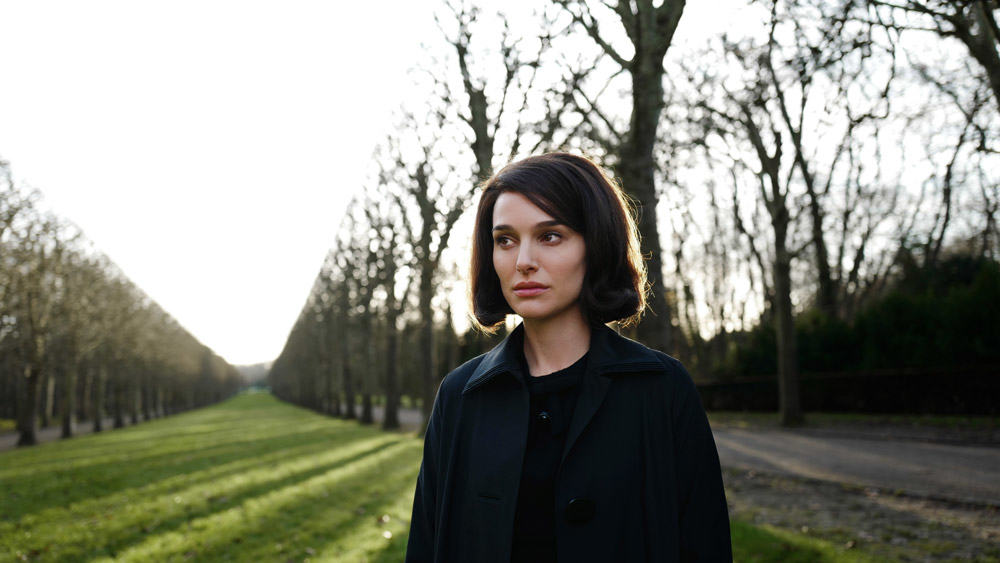For all its emotional resonance and intrigue, Pablo Larrain’s Jackie isn’t quite sure what sort of film it desires to be.
Natalie Portman attempts to paint an accurate picture of former First Lady Jackie Kennedy, who is dealing, or attempting to deal with the assassination of John F. Kennedy. Jackie flits between two primary storylines: one, its titular character’s torrid journey following her husband’s murder, where she attempts to scrub his blood off her body before watching, as understandably shocked as an unwitting widow could be, Lyndon B. Johnson be sworn in as the new President of the United States. This Jackie is traumatised, suicidal, and requires the godly assistance of a priest played by John Hurt; the type that comes filled to the brim with philosophical musings that are perfectly at home within a film that’s probably aiming for a few Oscars this awards season.
The second, follows Jackie not too long after the assassination, where she is interviewed by a journalist (Billy Crudup) and essentially attempts to micromanage every single word he writes about her. This Jackie is cynical, and sick of being told what is right or wrong regarding her own life and the lives of her two young children. Flashbacks also throw audiences back to a time when all was well in Jackie’s world, and the main worry of her day was whether she sounded genuine enough while filming a tour of the White House.

Audience members are treated to a number of differing ‘Jackies’; from the woman who is aware of the mark she would like to leave on the world, to the woman who isn’t sure she wants to live in a world without her husband. Where vulnerability, tenacity, meekness, and testiness exist throughout a character, there is opportunity for a surprising well of complexity to exist within a film’s narrative. However, the multiple differing Jackies bouncing throughout the film’s walls every half hour could be seen as confusing to some, or downright pretentious to others. It’s clear that the filmmakers are attempting to construct a portrait of a complicated, ‘real’ (albeit insanely famous) person, but the choppy altering of Jackie’s disposition comes off as trite. This could be due, in part, to Portman’s portrayal of Kennedy.
While she sounds like Jackie, moves like Jackie, and even smiles like Jackie, Portman fails to truly reach out from within and expose audiences to the very core of her character’s being. Her acting style here is very ‘outside in’, and on a theatre stage, this would be acceptable, but the medium of film requires truth from within, and Portman isn’t completely believable. She is good at extreme emotion, however. Many of us would know this. Scenes exposing Jackie’s sheer trauma and helplessness simultaneously highlight Portman’s strengths, and elevate the film.
The film’s failure to effectively paint a multilayered portrait of its protagonist extends to its narrative. As a story of a woman’s horror and grief in the aftermath of her husband’s murder, it is a must-see. As a story, however, of a famous woman who felt horror and grief in the aftermath of her famous husband’s murder, who is now navigating through the muddy waters of the mass media, it all seems a little much. As humorous as the scenes with the reporter were, they weren’t needed to alert the audience to the fact that Jackie is a woman who knew who she was and knew how she wanted to portray herself to the world. The powerful flashback scenes featuring Jackie attempting to assert herself among powerful men following the President’s death, while also working through her grief, were more than enough.
Fun Fact:
Director Pablo Larraín estimates that a third of the shots in the film were the first take.




COMMENTS